Summary | Excerpt | Reviews | Beyond the book | Read-Alikes | Genres & Themes | Author Bio
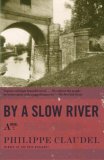
The daily life of a small town is hardly disturbed by the First World War raging nearby. But this illusion is shattered by the deaths of three innocents. Twenty years on, a policeman still struggles to make sense of the deaths which both torment and sustain him.
As the First World War rages on, the daily life of a small town near the front is hardly disturbed by the report of artillery fire and the parade of wounded in its streets. But within the space of a year, this illusion of ordinary days is shattered by the deaths of three innocents—a charming schoolmistress from “the north,” who captured every male heart only to take her own life without apparent reason; an angelic eight-year-old girl, who is strangled, her body abandoned by the canal; and the cherished wife of the local policeman, who dies in labor while her husband is hunting the little girl’s murderer.
Twenty years on, the policeman still struggles to make sense of these mysteries that both torment and sustain him. In the pages of his notebooks he continually—desperately, obsessively—summons up the past and its ghosts. But excavating the town’s secret history will bring neither peace to him nor justice to the wicked. And as his solitary detective work continues on these long-closed cases, we come to see that his efforts can lead only to an unimaginable widening of the tragedy.
In the policeman’s simple, plangent voice--full of unflinching scrutiny and the compassion of weary experience--Philippe Claudel gives us a tale of galvanizing suspense and an indelible meditation on morality.
A mature, patient reader will be rewarded by a gem of a book, both tragic and compelling, that explores the morality of crime and punishment, and the effects of war...continued
Full Review
(371 words)
This review is available to non-members for a limited time. For full access,
become a member today.
(Reviewed by BookBrowse Review Team).
Philippe Claudel was born in 1962. Before becoming a novelist, he was a special education teacher in Nancy (pronounced nonsi) , and a screenwriter. He lives in France where he is currently "professeur de lettres" at the university of Nancy in North-Eastern France. This is his second novel; his first, Meuse l'oubli, (The ...
This "beyond the book" feature is available to non-members for a limited time. Join today for full access.

If you liked By a Slow River, try these:
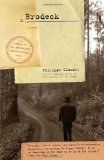
by Phillipe Claudel
Published 2010
Set in an unnamed time and place, Brodeck blends the familiar and unfamiliar, myth and history into a work of extraordinary power and resonance. Readers of J. M. Coetzee's Disgrace, Bernhard Schlink's The Reader and Kafka will be captivated by Brodeck.
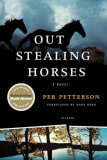
by Per Petterson
Published 2008
We were going out stealing horses. That was what he said, standing at the door to the cabin where I was spending the summer with my father. I was fifteen. It was 1948 and one of the first days of July.
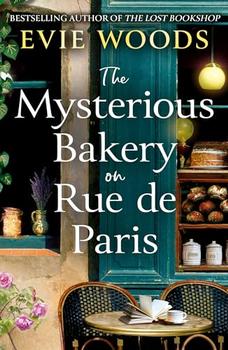
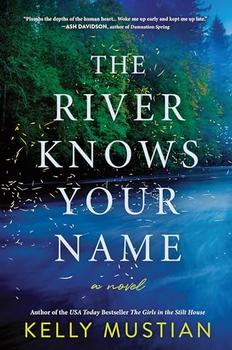

A library, to modify the famous metaphor of Socrates, should be the delivery room for the birth of ideas--a place ...
Click Here to find out who said this, as well as discovering other famous literary quotes!